Review of Lea Ypi, Free. Coming of Age at the End of History, 978-0241481851, 313 pages.
Patrick van Schie
Lea Ypi is a curious girl full of questions. That may not be so special, but it is a challenging feature because she grew up in the eighties in Albania, which was then the most orthodox communist country in Europe. The capitalist and imperialist West is reprehensible according to the (Communist) Party, but so are the revisionist Soviet Union and its satellite states. Albania – like any communist country – is poor. Many products that are so common in the West are unknown. Lea Ypi thinks it’s perfectly normal that people have to queue for all kinds of products for hours, with the risk that the product in question will already be used up once it’s your turn. She’s not used to it any other way. And she lives in the best country in the world. After all, she is taught that at school, and later also at the Young Pioneers.
Western products are only for sale to people who can pay in dollars, and how would her parents get them? But at some point they manage to get hold of a Coke can. This is so special that the can ends up on the TV (which often does not work) in the living room. What did these Albanians think of the content, the Western reader wonders. They couldn’t taste the coke, they got the can when it was already empty. That was special enough. And wanted. Because a few days later, the can was gone and it turned up a short time later at friends’ of her parents. The same can, but these friends denied that and they weren’t friends anymore after that.
Lea asks her parents all kinds of questions, but they are not always willing to answer them. One of those questions that her parents clearly don’t intend to confront is: why there isn’t a portrait of Uncle Enver hanging on the wall in their home, which is always the case at homes of Lea’s girlfriends [Enver Hoxha was the party leader of Albania, in fact an Albanian Stalin; PvS]. When her parents can no longer avoid answering the question, they tell Lea that they are looking for a very nice frame because “Uncle Enver” is so loved that there should be a very nice frame around his portrait. But when this frame and portrait aren’t there after a while, Lea asks out loud if her parents don’t like “Uncle Enver.” Her parents get angry; she should never talk about that!
When Lea is a little older, she notices that her parents often talk about relatives who study at universities like B., M. or S. She finds it a bit strange that her parents don’t give the full name of the places and tries in vain to assign the letters to cities in Albania. And apparently studying international relations was very difficult, while economics seemed to be relatively easy. She later found out that her parents spoke in code. None of the family members were students; instead they were in penal camps. The letters referred to the places where those penal camps were located. The studies focused on their alleged wrongdoing. International relations, for example, faced charges of treason, studying economics for a minor offense such as “hiding gold,” which was punished with fewer years.
In this way the reader is transported into a world full of secrets and a code language. Lea’s father seems to be interested in politics, her mother is not. But after December 1990, when the communist regime in Albania (finally) falls, her father turns out to have been averse to the regime, but also a somewhat vague admirer of socialists, while her mother turns out to be fiercely anti-socialist. She comes from a family whose factory has been stolen (disowned) by the communist state and believes that socialism is contrary to all human dignity and nature.
After the upheaval, her mother is committed to recovering the stolen family property. That was also a matter of principle, writes Lea Ypi, who describes her mother’s ideas as follows: ‘In her eyes the only use of the state was that it facilitated their settlement and protected the contracts necessary for everyone to keep what was theirs. Everything else, everything beyond that, encouraged the proliferation of parasites wasting money and resources. That was socialism under another name.”
Writer Lea Ypi herself, as appears in the final chapter, now is teaching Marxism at the London School of Economics. It is incomprehensible to her mother. The curious thing is that in her time spent in the West, Lea did indeed resent her leftist fellow students, who raved about Rosa Luxemburg, Leon Trotsky, Salvador Allende and (the inevitable in these circles) ‘Che’ Guevara without ever having experienced ‘the real existing socialism’ (as communist rulers themselves refer to it). Then when Lea told them about her childhood in a “socialist” country, stories that these Western bigots of socialism were totally unfamiliar with, they dismissed it as provocations. “What you had was not real socialism,” they would say, with a veiled annoyance.”
Fortunately, the fact that the author has specialized in the teachings of Marxism has not translated into barren theoretical exercises in this book. Ypi initially wanted to write a book about the overlapping ideas about freedom in the liberal and socialist traditions. But she ultimately chose to write about ordinary flesh-and-blood people and their experiences with a system that imposed a theory on citizens using all available means of coercion.
Imahe: cover of the book: Free. Coming of Age at the end of history
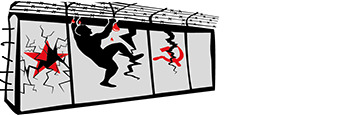
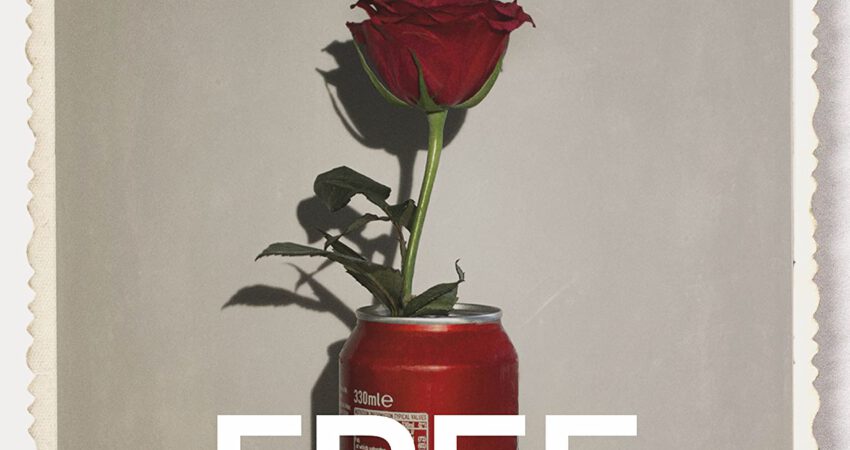
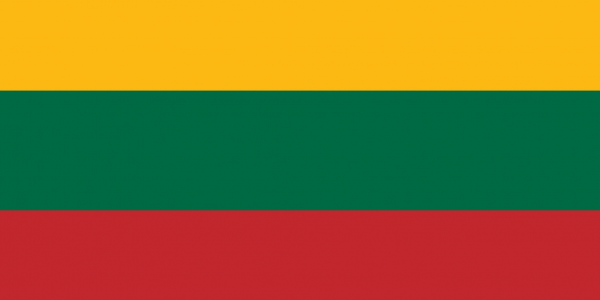
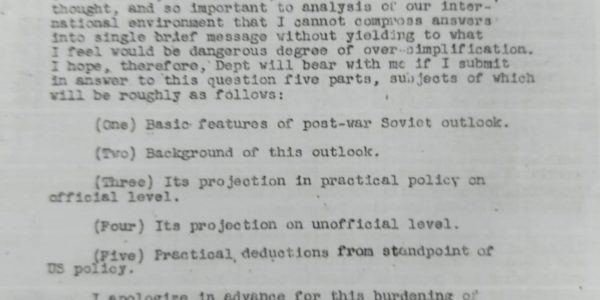
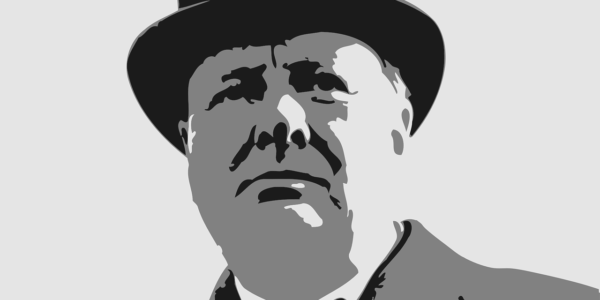
Follow Us!